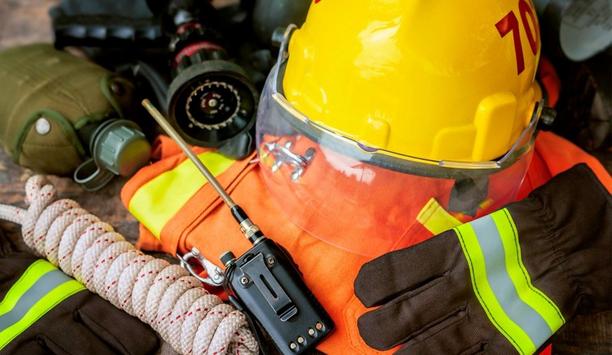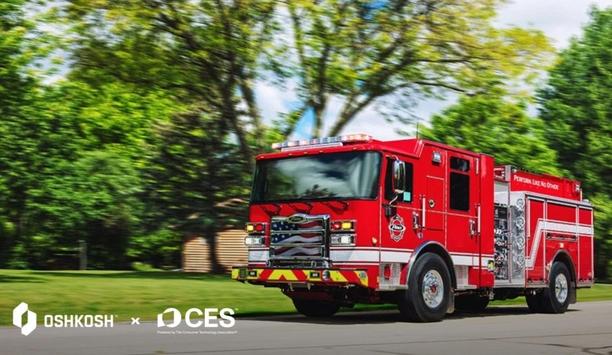 |
| M Shed's specific choice of fire detection is Apollo's Multi Alarm GB |
Apollo fire detection technology has been chosen to protect M Shed in Bristol; an exciting and innovative new museum that tells the story of Bristol’s history.
The contract to supply, commission and maintain the fire detection system was awarded to Multi Alarm GB.
M Shed museum explores the city’s history from prehistoric times to the 21st century through extensive collections of objects, art and archives in addition to working exhibits on the harbourside, including steam trains and cranes. Situated on Bristol’s historic wharf, the museum is located in a 1950s transit shed, originally known as M Shed, which was designed to store goods imported into Bristol’s docks. M Shed is one of the few remaining buildings of its type in the country and has been redeveloped into Bristol’s only museum dedicated to the city’s history. This was possible thanks to an £11.6 million grant from the Heritage Lottery Fund.
Covering 6000m2, M Shed has three permanent galleries named Bristol People, Bristol Places and Bristol Life; a rooftop gallery; a learning suite that is estimated to attract 20,000 school and community visitors each year; a maintenance and conservation workshop which opens onto the dockside allowing visitors to see the work going on inside; a café and gift shop.
The fire detection was the responsibility of Multi Alarm who recommended an Apollo-based system to meet the BS5839 L1 fire protection requirements. Around 350 Apollo Discovery devices have been installed to protect the museum, and these are controlled by a Multi Alarm 4 loop IFAX panel. The main point fire detection system interfaces with aspirating smoke detection which has been installed to protect the building’s large ceiling voids. In addition, the client required that the system was networked with the existing fire detection in the museum’s storage and refurbishment area next door, which is also based upon Apollo technology.
Derek Cooper, Surveyor at Multi Alarm, said: “A system was required that would allow mode changes to be made from the panel. This will enable the fire system to be adjusted to take account of activities in the museum workshop and working exhibits, such as steam trains, which may otherwise affect the reliability of the fire detection. We recommended Apollo’s Discovery detectors as they have been fully approved to operate in five different response modes.”











